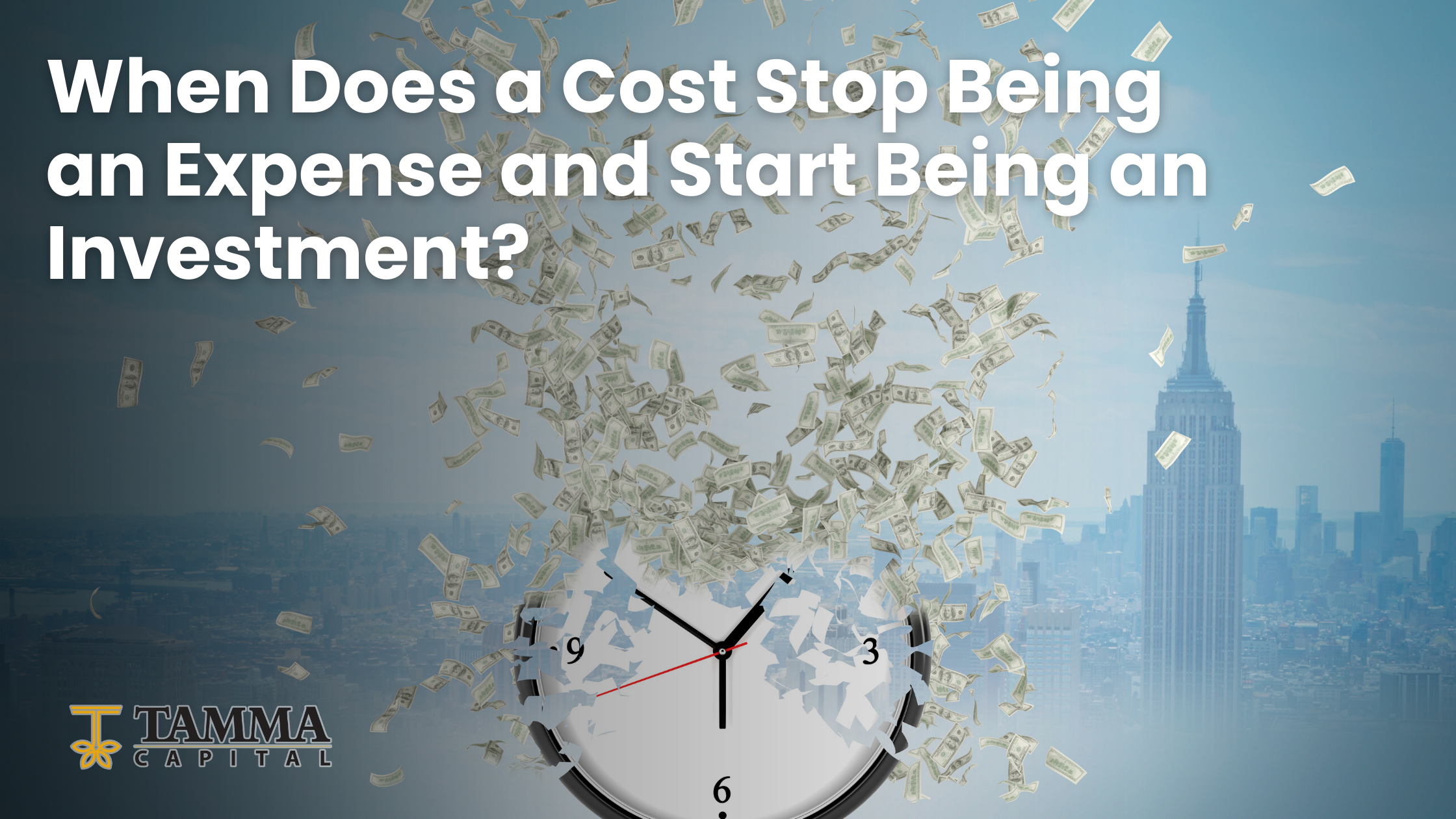When Does a Cost Stop Being an Expense and Start Being an Investment?
In our daily lives, we encounter countless expenses that demand our attention and financial resources. From grocery bills to utility payments, these costs often seem to serve the sole purpose of maintaining our current lifestyle. However, some expenditures transcend their immediate financial impact and transform into investments that yield long-term benefits. But how can we distinguish between a mere expense and a worthwhile investment? The answer lies in a deeper understanding of our personal and lifestyle goals.
The Purpose Behind Spending
The key to discerning an investment from an expense is recognizing the underlying purpose behind the spending. While an expense typically provides a short-term benefit, an investment aims to enhance our overall quality of life over the long term. This shift in perspective involves thinking beyond immediate gratification and considering how a particular expenditure aligns with our broader life objectives.
As a financial advisor, my primary goal is to create harmony between your financial and emotional well-being. This involves not only managing your finances but also helping you identify and develop your life’s purpose and supporting objectives. Let's explore some examples that illustrate the transition from expense to investment.
Working with a Financial Advisor
Hiring a financial advisor might seem like a significant expense at first glance. However, the long-term benefits can far outweigh the initial cost. A financial advisor provides expert guidance on managing your finances, creating a robust investment strategy, and planning for future financial goals such as retirement or your children's education. By helping you make informed decisions, a financial advisor ensures that your money works for you, ultimately leading to financial stability and peace of mind.
Hiring Professional Help
Engaging professional services such as a house cleaner or a meal prep service can also be seen as an investment rather than an expense. These services free up valuable time that you can dedicate to more meaningful activities, such as spending time with your family, pursuing hobbies, or focusing on your career. By outsourcing these tasks, you are investing in your well-being and overall life satisfaction.
The Mindset Shift
The transition from expense to investment often involves a shift in mindset. It requires looking beyond the immediate cost and considering the long-term impact of your spending decisions. Here are some key questions to ask yourself when evaluating an expenditure:
Will this expenditure provide value beyond the immediate future?
Can it potentially improve my quality of life?
If you can answer "yes" to these questions, you are likely looking at an investment rather than just an expense. For instance, spending on education, whether it's a course to advance your career or a program to develop a new skill, can significantly enhance your personal and professional growth. This kind of spending not only adds value to your life but also has the potential to increase your earning capacity in the future.
Time vs. Value
One of the secrets to determining when a cost becomes an investment is understanding the value of your time. While it's possible to assign a monetary value to your time, the true worth lies in how you choose to spend it. Investing in services or tools that free up your time allows you to focus on activities that bring you joy and fulfillment. For example, using a time management app or hiring a virtual assistant can help streamline your daily tasks, giving you more time to engage in meaningful pursuits.
Personal and Lifestyle Investments
Investments are not limited to financial products or services; they also encompass expenditures that enhance your personal and lifestyle goals. Consider the following examples:
Health and Wellness: Spending on a gym membership, a fitness class, or healthy food options can improve your physical well-being and longevity. These investments contribute to a healthier, more active lifestyle.
Relationships: Investing time and resources in nurturing your relationships can lead to deeper connections and a more supportive social network. This can include spending on family vacations, date nights, or attending social events.
Personal Development: Engaging in activities that foster personal growth, such as reading, attending workshops, or pursuing hobbies, can enrich your life and provide a sense of accomplishment.
The Holistic Approach
Ultimately, the distinction between an expense and an investment lies in your holistic approach to life. It's about finding a balance between your financial and emotional needs and ensuring that your spending aligns with your overall life goals. As an advisor, my role is to guide you in making informed decisions that not only secure your financial future but also enhance your quality of life.
The journey from expense to investment involves a thoughtful consideration of how your spending choices impact your long-term well-being. By shifting your mindset and evaluating expenditures based on their potential to add lasting value, you can create a harmonious balance between your financial and emotional lives. Remember, the true measure of an investment is not just in the monetary return but in the fulfillment and satisfaction it brings to your life.

